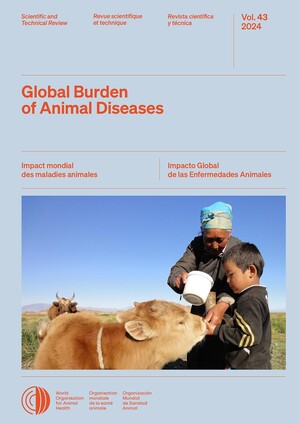
Gender participation and decision making in crop management in Great Lakes Region of Central Africa
Abstract
In Rwanda, Burundi, and the Democratic Republic of Congo (DRC), increased crop productivity is fundamental to accelerating economic growth and improving the well-being of rural households, especially women and children, who are normally resource constrained. This article examines the degree to which women participate in farm management and decision making for crop production activities, and the socioeconomic factors that influence their participation. Our study found out that farms managed by women are cultivated much less intensively than male-managed farms, because of the limited ability of women to acquire technological inputs such as fertilizers and improved seeds. While legumes are grown by both men and women, cassava seems to be “a women’s crop,” both in terms of cultivation and harvesting. We found that accessibility to rural credit, extension services, social capital in the form of groups, and engagement in off-farm activities are critical for stimulating women’s participation in crop production activities. Therefore, women must be empowered through programs designed to promote crops that interest them. They should also be provided agricultural services such as credit to encourage the acquisition of production-enhancing inputs to increase crop yields.
Citation
Ochieng, J., Ouma, E. and Birachi, E. 2014. Gender participation and decision making in crop management in Great Lakes Region of Central Africa. Gender, Technology and Development 18(3):341-362.










